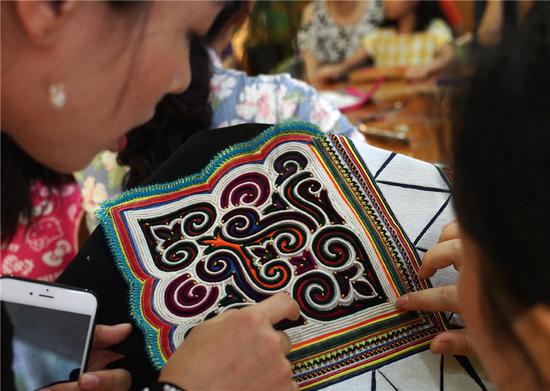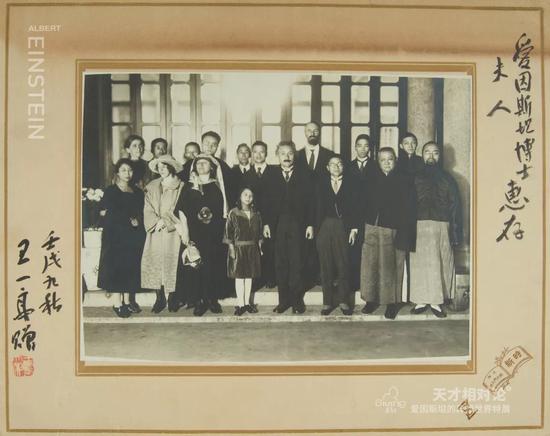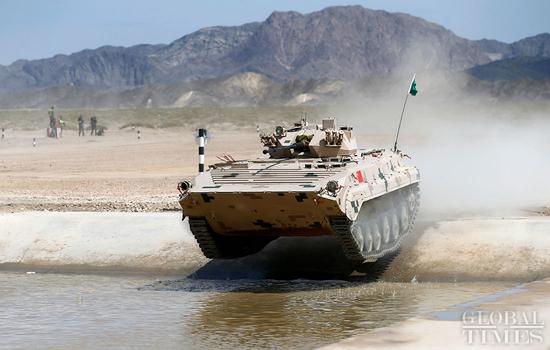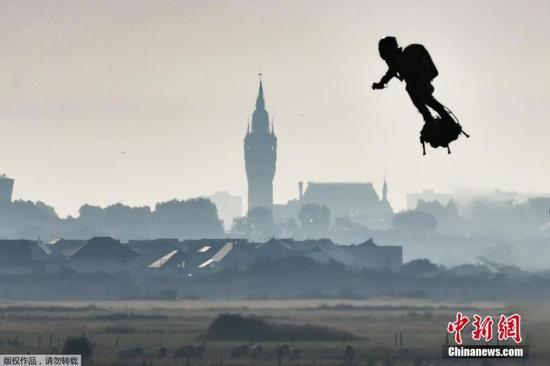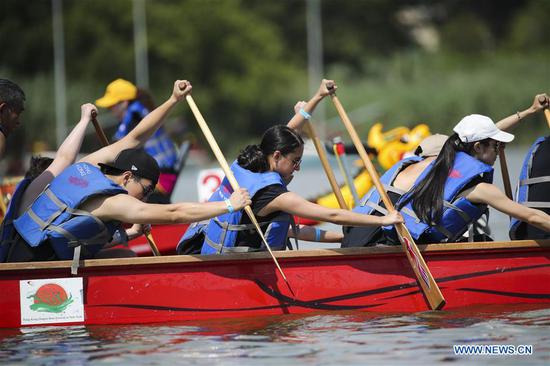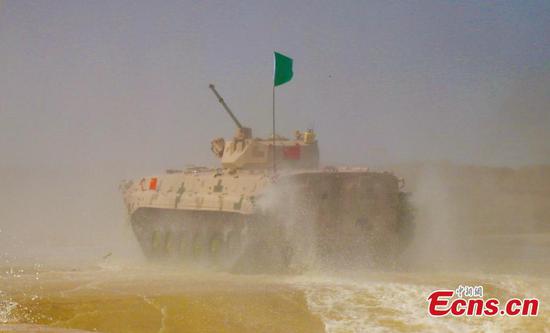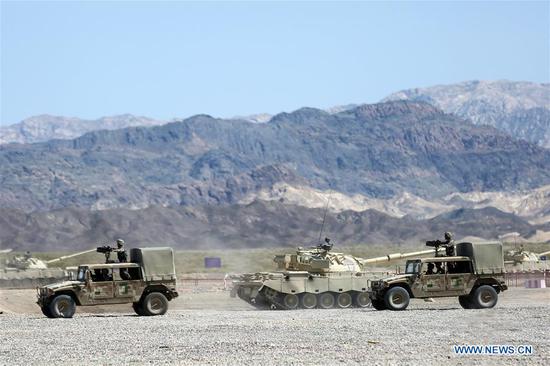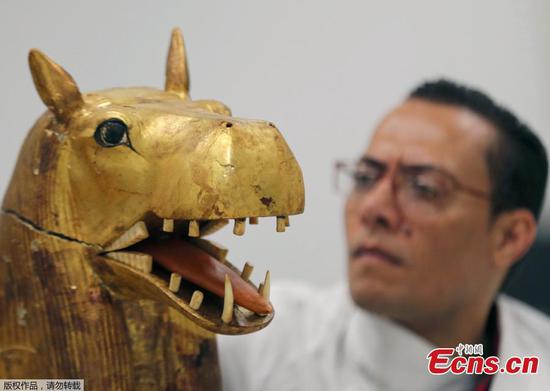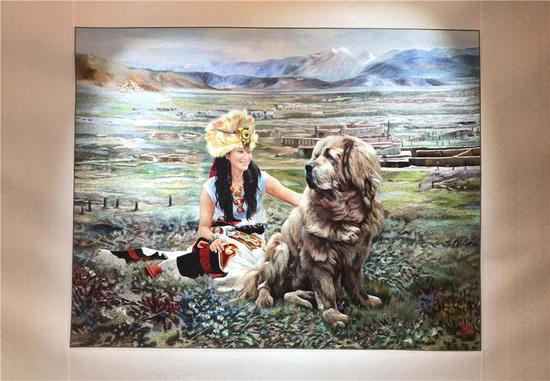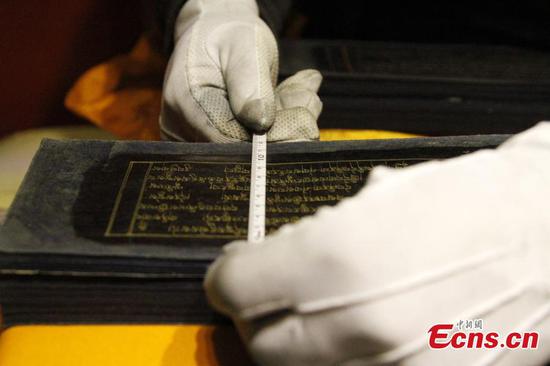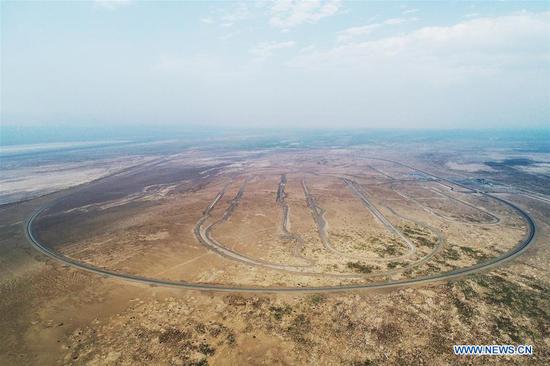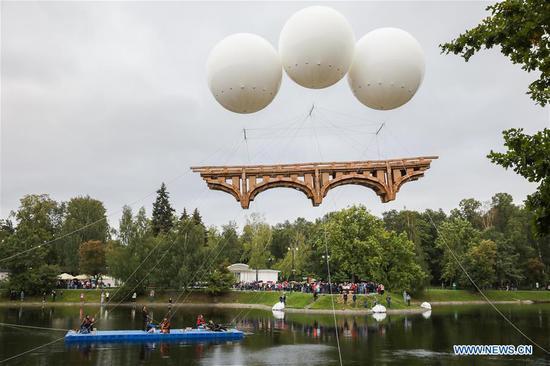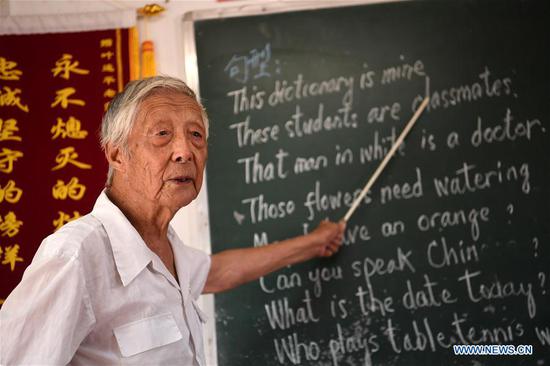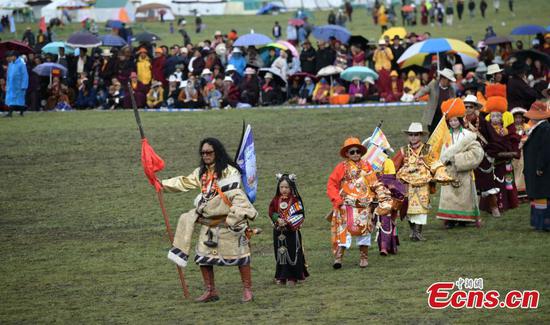Three letters set tempers flaring whenever gun legislation is discussed in the wake of another U.S. mass shooting like the ones in Texas and Ohio over the weekend: NRA.
Supporters of the National Rifle Association say it defends their Second Amendment right to bear arms, while opponents of the powerful gun lobby accuse it of valuing financial profit over people's lives.
The undeniable fact is that the NRA has been a major player in U.S. politics for years, influencing policy.
Non-partisan beginnings
The NRA was set up in 1871, essentially as a gun club promoting shooting as a sport and encouraging good marksmanship, according to the organization's official history.
It was only in 1934 that it began advising on legislation "in response to repeated attacks on the Second Amendment rights."
For decades, the NRA was generally non-partisan, siding with neither the Democratic nor the Republican Party.
In the 1970s however, as its clout grew and gun legislation increasingly took center stage in policy debates, the group found its interests aligning with conservatives, advocating small government and individual freedoms.
The NRA now wields tremendous power at grassroots level and the lobby's cozy relationship with the Republican Party, as well as its huge influence on policy, has infuriated pro-gun control advocates.
Shaping policy









